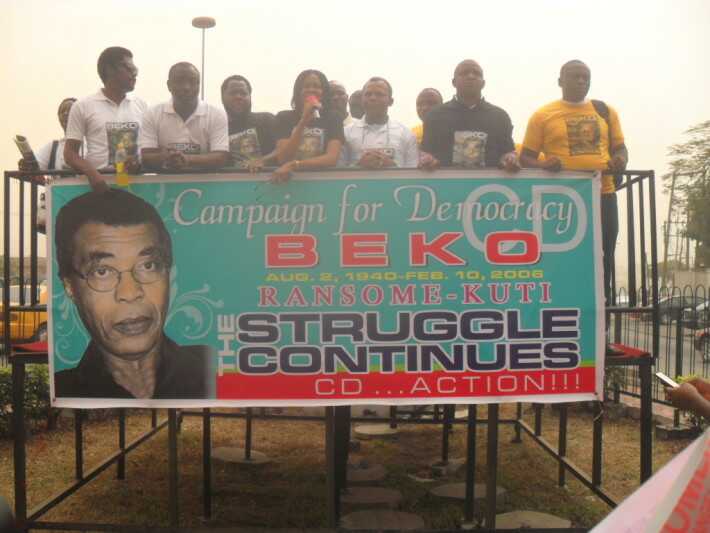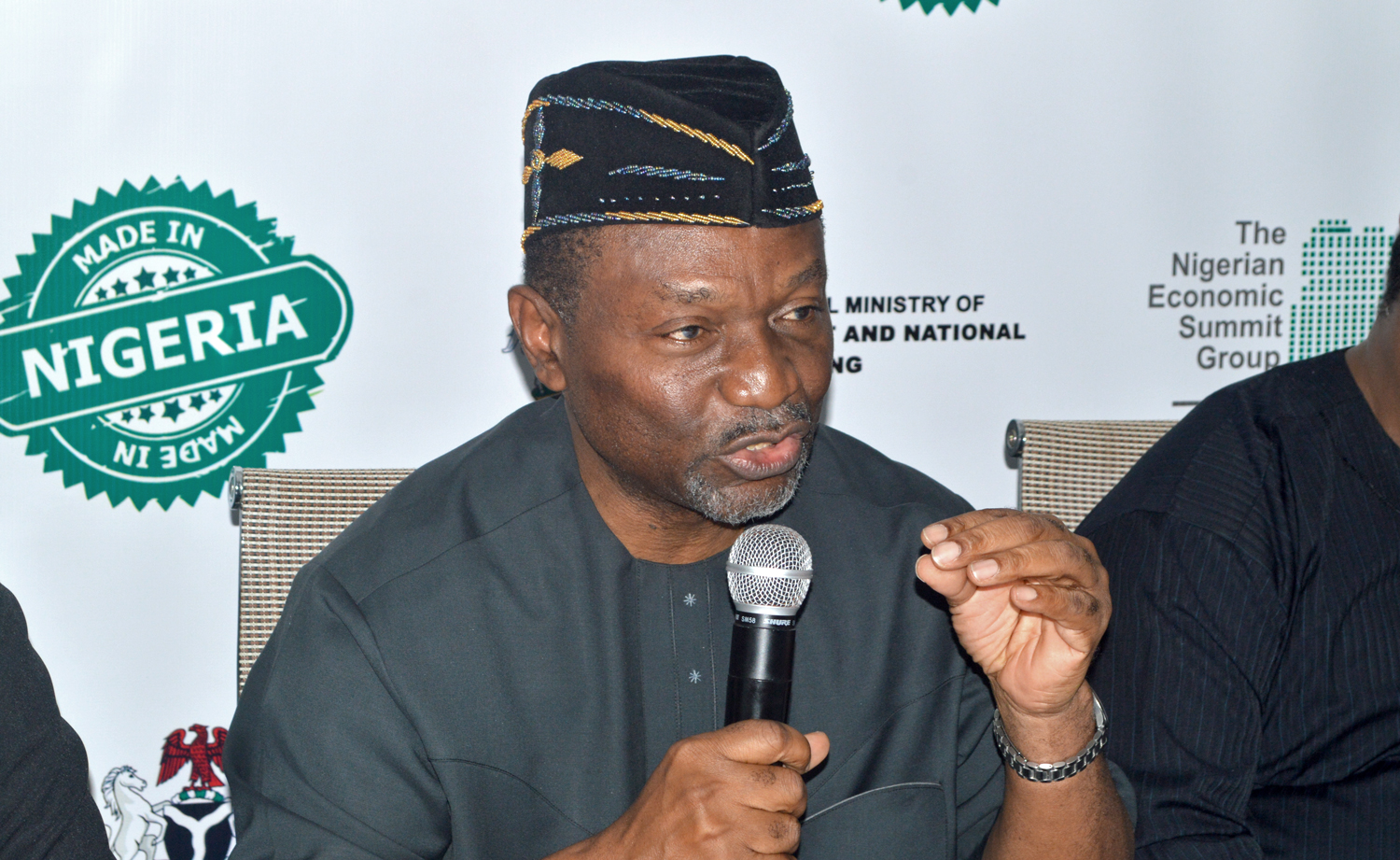As a major player in the agri-business and food value chain space, I was invited about two weeks ago by the government of Edo state led by Governor Godwin Obaseki to take part in the state agri-business summit in Benin city. The summit’s major objective was to help carve out a road map that would help revolutionize the Agricultural sector in the state. They in addition implored would be investors and other critical stakeholders to take advantage of the opportunities that abound in the state. In summary they were saying the state is open for business.
It was a bit of a home coming for me having not visited for over 27 years as I did my NYSC in the then Bendel state that now consists of present day Edo and Delta. For those who are familiar with the topography of the state, you will agree with me that Edo State has one of the best soil conditions amongst the south south states(sandy loam) and one that supports large scale cultivation of a variety of crops and good climatic condition to boot. The state is one of the few that have based on soil testing values come up with crop and soil fertilizer recommendations. NPK 20-10-5 for Cereals and vegetables, NPK 15-10-10 for roots, tubers and tree crops and NPK-10-20-10 for legumes just to mention a few.
To set the context, Nigeria boasts of about 84 million hectares of arable land and less than a third of that is cultivable but Edo boasts of about 1.1 million hectares of that quantum.
The major takeaway for me from the 3 day deliberation was the fact that States have to seize the momentum and take control of their destiny by not waiting on bailouts from the centre (Federal Government) For Agricultural development to thrive and be impactful, states must always identify critical success factors that will drive the process and enable it. A few that come to mind are Policy and Regulatory framework, Land Access, Infrastructure, Security, Finance, Inputs and Market Access.
Advertisement
Let me examine them one by one. On a consistent basis, a framework that guides and supports the Agriculture value chain is most times lacking by the sub-nationals as the Federal government over centralizes policy and the states cannot seem to extricate themselves from this shackle and more often than not policy flip flops are prevalent and states do not punt their competitive and comparative strengths.
Land is a major issue as legally all Land belongs to the government whether federal or state and even when accessed getting certificates of occupancy is a major issue and this power is vested in the governor who most times does not deem it fit to delegate same to say the Attorney General or the Commissioner for Lands. Community issues also are a recurring decimal and act as clogs in the wheel and preclude you from doing anything meaningful on the land after payment. Edo seems to be taking the difficult and noble step of land clearing and preparation which is a major cost.
Infrastructure is a sine qua non, as critical infrastructure like access roads, power/energy are often lacking and states expect you to put all this in place. Farming should be all year round and as such irrigation is very key and the states should take advantage of the dams and Water Basin Authorities and this where synergy with Ministries of water resources is important.Government providing Agric clusters that already have these in place will attract investors in the value chain as production costs will be marginal and returns will be worthwhile.
Advertisement
In this era of insecurity across the entire clime, States face a huge challenge with investors monitoring the security barometer to measure whether these states offer a safe haven for the business of Agriculture. Hitherto some states have served as hotbeds of communal clashes, herdsmen attacks and other sundry security challenges that discourage investment. The issue must be thoroughly tackled and holistically through forest rangers this time not for game but for farmland.
Finance and proper funding of Agriculture and the respective aspects of the value chain is desirable and states must not pay lip service to it. Micro credits and low and single digit interest rates from intervention funds offered by specialist banks abound and should be encouraged. A case in point is the CBN Anchor borrower programme and states that are not yet taking advantage need to have their outgrowers organize themselves into cooperatives and avail themselves of these funds. They should try and promote the crops and produce they have comparative advantage in. Currently about 220, 000 farmers in about 17 states cultivating close to 250,000 hectares of Rice,Oil Palm, Wheat, Cotton and Fish value chain are already in the loop.
Agricultural inputs are a necessary ingredient in revolutionizing the Agricultural sector of any state. Fertilizer availability and proper usage as well as provision of right quality seeds that would ensure the right yield as well as herbicides and pesticides for crop protection. Capacity building in the form of Research and Development by Research institutes should be encouraged. Most states have them in abundance but funding is an issue and as such they do not attract the right quality of personnel. Specialist institutions like Universities of Agriculture should serve as Centers of Excellence and fountains of expertise..
Lastly, Market access for crops grown and processed Produce should be guaranteed by the state governments who can take excess production and store in silos as part of their Strategic reserve. The federal government should use the states to achieve this. Farmers want to know they have a ready offtake for their crops either by the state or the investor in the value chain.
Advertisement
As a parting shot, State governments or what I call the Sub-nationals must act as catalysts by leading the initiative and picking up the baton from the Federal government. This is the only path that helps a nation such as ours to achieve Food security, Employment generation, Wealth creation and Industrialization.
Views expressed by contributors are strictly personal and not of TheCable.
Add a comment







